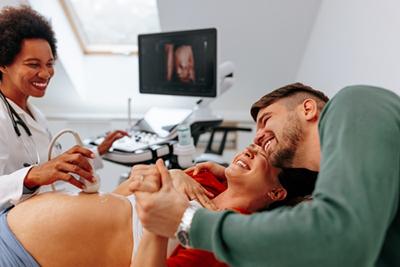
Location
-
Prenatal Care: What to Expect During Each Trimester
posted: Jul. 16, 2024.
Category: Pregnancy Care
-
Contraception Options: Finding the Right Method for You
posted: Jul. 03, 2024.
Category: Obstetrics Gynecology
-
Breast Health: Self-Exams and Mammograms
posted: Jun. 18, 2024.
Category: OBGYN Care, Women's Healthcare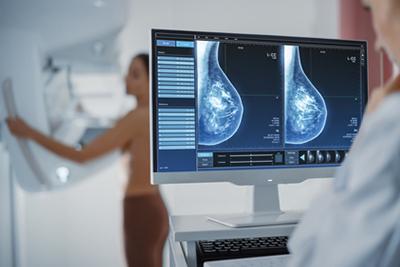
-
Hormone Replacement Therapy: Managing Menopausal Symptoms and Hormonal Imbalance
posted: Jun. 01, 2024.
Category: OBGYN Care
-
Contraception Options: Finding the Right Birth Control Method for You
posted: May 17, 2024.
Category: OBGYN
-
Annual Women’s Health Wellness Exam
posted: May 01, 2024.
Category: OBGYN Care, Women's Healthcare
-
Reproductive Health Screenings: Importance and Frequency
posted: Apr. 16, 2024.
Category: OBGYN Care
-
Pelvic Floor Health: Exercises and Strategies for Preventing Incontinence
posted: Apr. 01, 2024.
Category: Women's Healthcare
-
What Are Common Signs of a Hormonal Imbalance in Women?
posted: Mar. 15, 2024.
Category: Women's Healthcare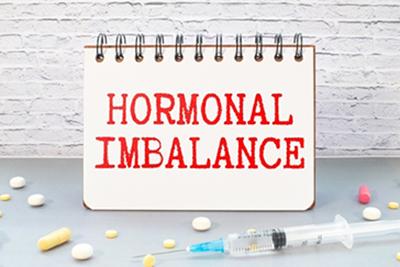
-
When To See an OBGYN
posted: Mar. 01, 2024.
Category: OBGYN Care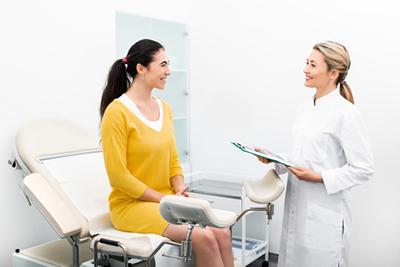
-
Signs of Abnormal Uterine Bleeding
posted: Feb. 26, 2024.
Category: Women's Healthcare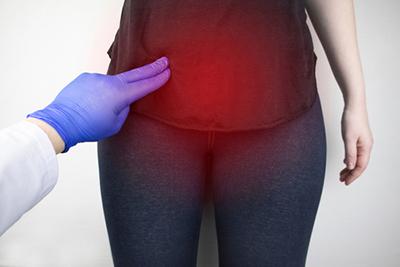
-
What Does an OBGYN Do?
posted: Feb. 13, 2024.
Category: OBGYN Care
-
Abnormal Uterine Bleeding FAQs
posted: Jan. 07, 2024.
Category: OBGYN Care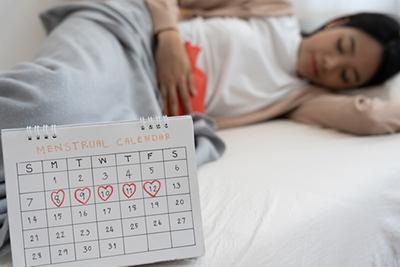
-
What To Know About Menopause
posted: Jan. 01, 2024.
Category: OBGYN Care
-
Well Women Care
posted: Dec. 08, 2023.
Category: OBGYN Care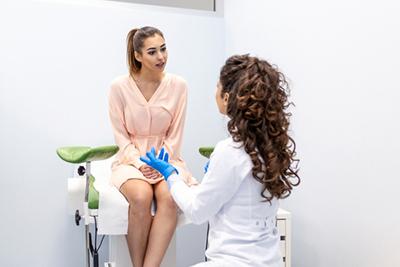
-
Breast Cancer and Breast Exams
posted: Dec. 01, 2023.
Category: OBGYN Care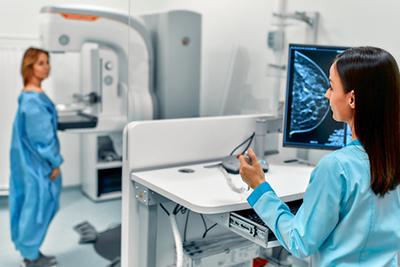
-
The Importance of Regular Check-ups: Exploring the Benefits of OBGYN Visits
posted: Nov. 07, 2023.
Category: Women's Healthcare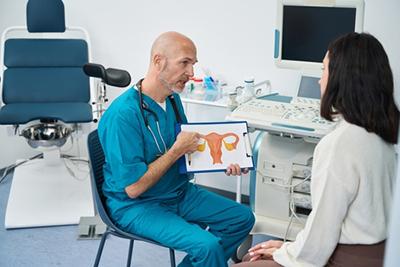
-
Understanding the Role of an OBGYN: What They Do and Why It Matters
posted: Nov. 01, 2023.
Category: Women's Healthcare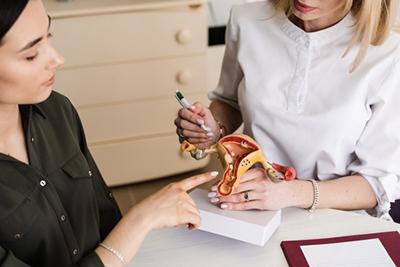
-
Age-Related Gynecological Issues
posted: Oct. 13, 2023.
Category: Gynecological Conditions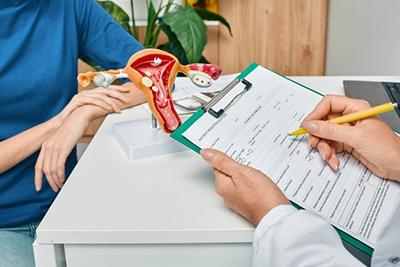
-
Infertility Treatments and Options
posted: Oct. 05, 2023.
Category: OBGYN Care
